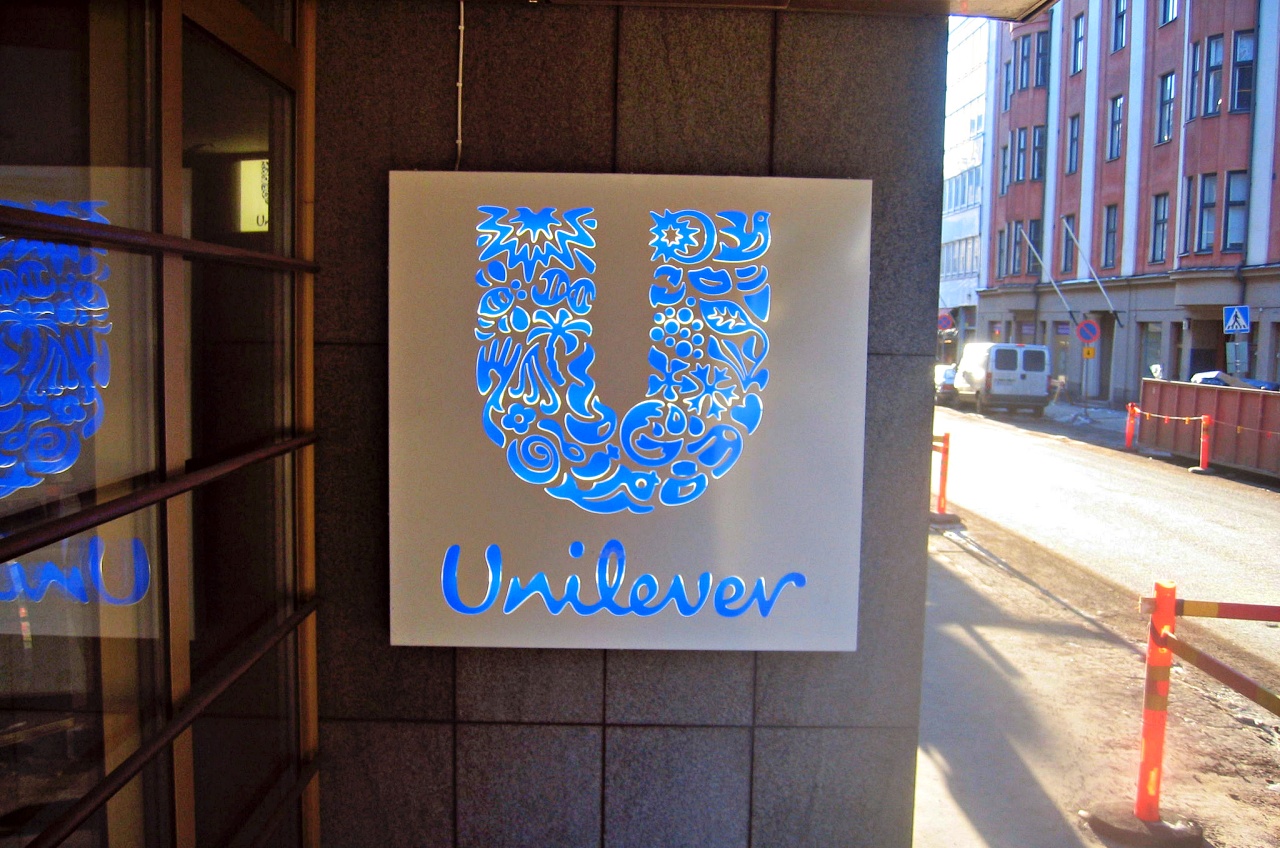London-based consumer goods giant Unilever has declared it will adhere to Russian laws requiring companies to allow employee conscription into the war in Ukraine. This decision, affecting Unilever's 3,000 Russian workers, came to light following the publication of a letter addressed to the B4Ukraine Coalition, a group seeking to isolate Russia from its wartime resources.
It was said that this information surfaced after Unilever's letter of response to the B4Ukraine Coalition was published by the media. The letter dated July 11 was signed by Reginaldo Ecclissato, the company's chief business operations and supply chain officer.
The coalition's main aim is to cut off Russia from any means of carrying out war against Ukraine. In its campaign letter, B4Ukraine wants Unilever to clarify its position regarding several issues it mentioned in the missive, such as the amount of tax it pays and its advertising spending in Russia.
Before this, the consumer packaged goods company faced calls to end its operations in Russia. But while it has already ceased imports and exports, it still sells its products there and pays taxes.
It explained the reason for its continued presence in the country. CNBC further reported that Unilever confirmed it would follow Russian law, including the order for companies to allow the conscription of employees if the government calls them to war.
Since the legislation related to conscription applies to Russian citizens, Unilever will let workers with this citizenship enlist in the army. Then again, the company did not say if its employees were already called to serve.
"Question six in your letter asks for further details on conscription to the Russian army," Ecclissato stated in the letter to B4Ukraine. "We are aware of the law requiring any company operating in Russia to permit the conscription of employees should they be called. We always comply with all the laws of the countries we operate in."
Photo by: Sean Biehle/Flickr (CC BY-SA 2.0)



 Australia’s Economy Accelerates in Q4 2025 as Household Spending and Government Investment Rise
Australia’s Economy Accelerates in Q4 2025 as Household Spending and Government Investment Rise  U.S. Stocks Fall as Middle East Conflict Fuels Inflation and Oil Price Concerns
U.S. Stocks Fall as Middle East Conflict Fuels Inflation and Oil Price Concerns  Australia Targets AI Platforms With Strict Age Verification Rules
Australia Targets AI Platforms With Strict Age Verification Rules  U.S. Officials Review Tencent’s Stakes in Epic Games, Riot Games Over Security Concerns
U.S. Officials Review Tencent’s Stakes in Epic Games, Riot Games Over Security Concerns  Global Markets Reel as Euro Falls, Swiss Franc Surges and Oil Prices Spike After U.S.-Israel Strike on Iran
Global Markets Reel as Euro Falls, Swiss Franc Surges and Oil Prices Spike After U.S.-Israel Strike on Iran  Bank of Japan Signals Further Interest Rate Hikes as Inflation Trends Toward 2% Target
Bank of Japan Signals Further Interest Rate Hikes as Inflation Trends Toward 2% Target  Rachel Reeves Signals Fiscal Discipline in UK Budget Update Amid Middle East Tensions
Rachel Reeves Signals Fiscal Discipline in UK Budget Update Amid Middle East Tensions  AWS Data Center in UAE Hit by Fire After Objects Strike Facility Amid Regional Tensions
AWS Data Center in UAE Hit by Fire After Objects Strike Facility Amid Regional Tensions  Toyota Raises Toyota Industries Buyout Offer Amid Governance Concerns
Toyota Raises Toyota Industries Buyout Offer Amid Governance Concerns  APEX Tech Acquisition Inc. Raises $111.97 Million in NYSE IPO Under Ticker TRADU
APEX Tech Acquisition Inc. Raises $111.97 Million in NYSE IPO Under Ticker TRADU  South Korea Manufacturing PMI Rises for Third Month on Strong Semiconductor Demand
South Korea Manufacturing PMI Rises for Third Month on Strong Semiconductor Demand  OpenAI Explores New Code-Hosting Platform to Reduce Dependence on GitHub
OpenAI Explores New Code-Hosting Platform to Reduce Dependence on GitHub  Japan Manufacturing PMI Jumps to Four-Year High as Global Demand Strengthens
Japan Manufacturing PMI Jumps to Four-Year High as Global Demand Strengthens  Oil Prices Surge to 2025 High as U.S.-Israel Conflict With Iran Threatens Global Energy Supply
Oil Prices Surge to 2025 High as U.S.-Israel Conflict With Iran Threatens Global Energy Supply  Middle East Air War Triggers Massive Flight Cancellations and Global Airline Disruptions
Middle East Air War Triggers Massive Flight Cancellations and Global Airline Disruptions  The strikes on Iran show why quitting oil is more important than ever
The strikes on Iran show why quitting oil is more important than ever  Lynas Rare Earths Shares Surge 7% After Malaysia Renews Processing Plant Licence for 10 Years
Lynas Rare Earths Shares Surge 7% After Malaysia Renews Processing Plant Licence for 10 Years 



























